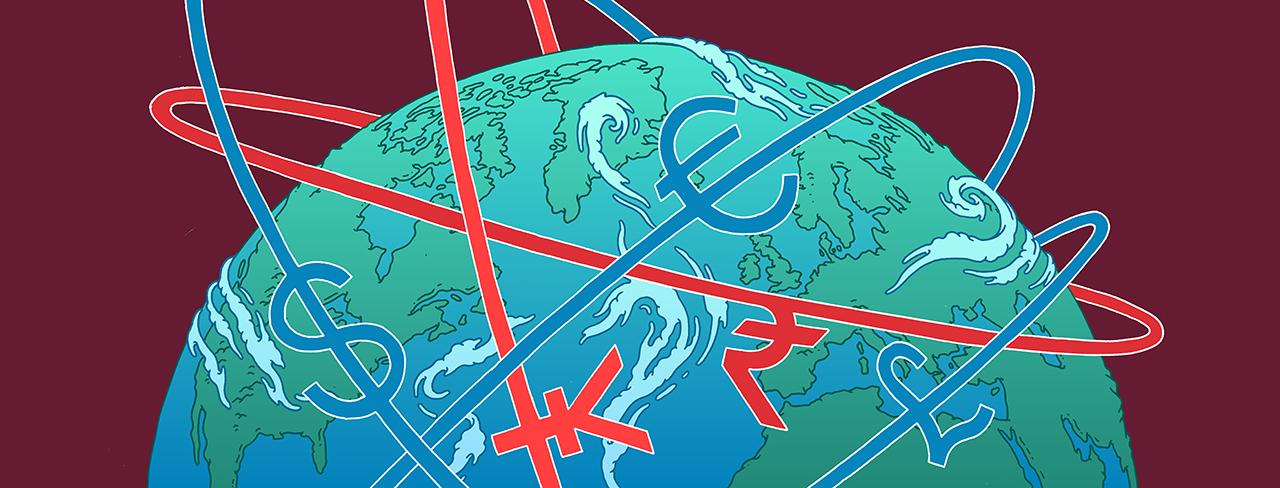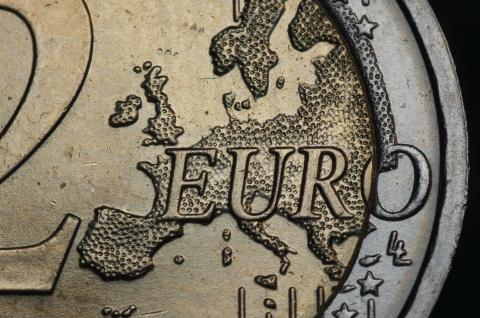Global Capital Allocation Project (GCAP)
Well-functioning global markets deliver prosperity and stability, yet international policymakers face many frictions when designing policies that improve global outcomes. Some of the biggest challenges policymakers are navigating today include U.S.-China trade and financial relations, economic security, the role of reserve currencies, regulating offshore tax havens, and financial stability. Around the world, these issues populate news headlines nearly every day.
The Global Capital Allocation Project (GCAP) is an international macroeconomics and finance research lab co-directed by professors Matteo Maggiori (Stanford University) and Jesse Schreger (Columbia University). The lab’s goal is to shed light on how capital moves around the world to improve international economic policy. We focus on producing cutting edge research in salient global market issues and making our research impactful to policymakers in practice. Our approach is independent and data-driven, and we take a global view on crucial policy issues.
We work closely with global policy institutions to translate our research insight into policy. Our close collaboration with the European Central Bank (ECB) on capital allocation in the Euro Area has resulted in research that has been used to support the Capital Market Union strategic initiative. We have provided testimony based on our estimates to the House Financial Services Committee of the U.S. Congress.
Our research focus areas include:
- Geoeconomics & economic security: Governments use their countries’ economic strength from financial and trade relationships to achieve geopolitical and economic goals. GCAP projects focus on uncovering, measuring, and analyzing geoeconomic power globally. We combine big data on trade and financial linkages to design better economic security policies. We also maintain the GCAP Geoeconomic Monitor to track firms reporting being affected by various types of geoeconomic pressure.
- Financial stability & global risk exposure: Euro Area financial centers such as Ireland, Luxembourg, and the Netherlands have grown enormous, which makes it hard to understand who owns what. In our projects with the ECB, we estimate who is behind this massive wealth and show that the Euro Area is less integrated than commonly understood.
- Reserve currency competition & the role of China: China has one of the world's largest bond markets, yet its currency (RMB) plays a limited global role. What are the RMB internationalization prospects? We investigate who holds RMB bonds and study China’s strategy to internationalize its currency to both insure itself from foreign influence and build an alternative financial system to the dollar-based one.
- Tax havens & offshore markets: Tax havens obscure the reality of global capital flows. Our research uncovers the financing structure of global firms that is obscured by tax havens and provides detailed estimates to researchers and policymakers on an ongoing basis. For example, we track Chinese companies in the Cayman Islands and U.S. companies in Ireland.
Part of our impact comes from aiding other researchers who are interested in our approach. Whenever possible, we make the data and results from our research publicly available. For early career researchers, we run a significant educational outreach initiative, the Big-Data Initiative in International Macro-Finance, which shares knowledge, codes, and data as a starter kit for new researchers and fully funds 30 PhD students from schools worldwide to attend our in-person summer school each year.
Listen to Matteo Maggiori discuss how the U.S. and China apply economic pressure to achieve their political and economic goals, and the economic costs and benefits that this competition is imposing on the world.
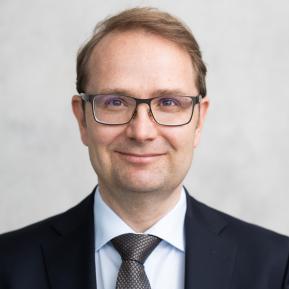
Senior Team Lead Economist, European Central Bank
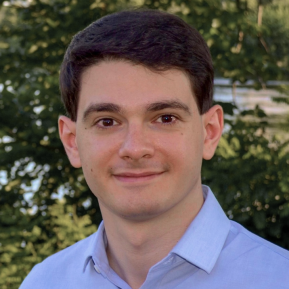
Assistant Professor, Finance

Associate Director, Global Capital Allocation Project

Professor, Finance

Senior Team Lead Economist-Statistician, European Central Bank
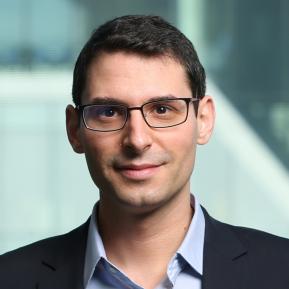
Associate Professor, Columbia Business School
Related Links:
- Geoeconomic Pressure [National Bureau of Economic Research, July 2025]
- Dollar dominance means tariffs are not the only game in town [Financial Times, January 10, 2025]
- United States More Fragile Than Believed on the Chessboard [Il Sole 24 Ore, January 6, 2025]
- ‘That is Maganomics’: where Trump is taking America on trade [Financial Times, January 3, 2025]
- China targets dozens of U.S. companies ahead of anticipated Trump tariffs [CBS News, January 2, 2025]
- The Power of ‘Geoeconomics’ to Make Sense of a Turbulent World [Stanford Institute for Economic Policy Research, February 22, 2024]
- Matteo Maggiori and Jesse Schreger on Geoeconomics and its Policy Implications [Mercatus Original Podcasts, December 4, 2023]
- Quick Study: China’s Plan to Challenge the Dollar [Stanford Graduate School of Business YouTube channel, May 18, 2023]

